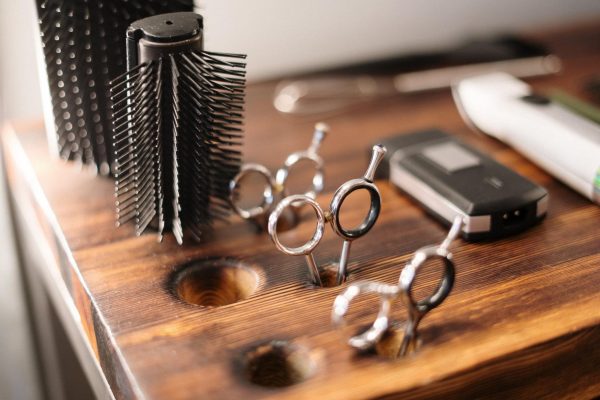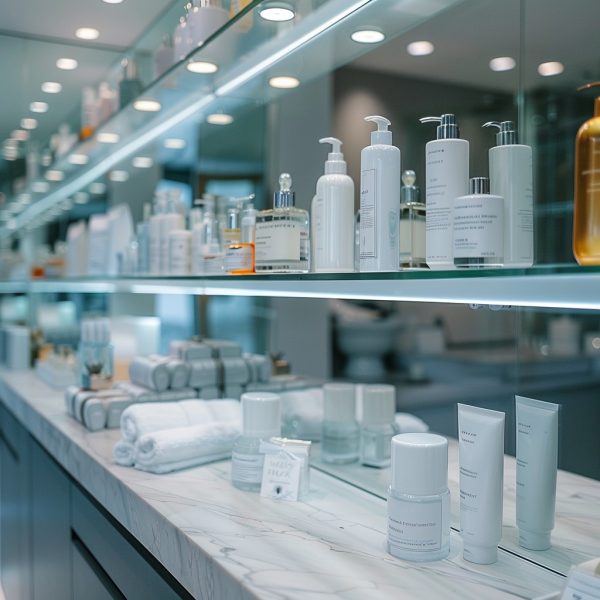Is That Late Night Text Worth It?

Living in a world full of technological advances can be very exciting, but that can also be harmful. Scientists have been conducting experiments to see how light from our electronic devices can affect our circadian rhythm. They are looking to see if the light affects us during the mornings or at night before we go to bed; in fact, a new study by the National Sleep Foundation shows that 95% of people use some type of electronic device within an hour before going to bed, whether the device be a cell phone, tablet, computer, or television.
Now many scientists are finding that the light from your electronics can be disrupting your sleep-wake cycle, or circadian rhythm. It disrupts your brain by sending alerting signals to the brain. The circadian rhythm is very light sensitive, especially to light in short wavelengths, such as blue light, which is used in most computers, cell phones, and energy-efficient bulbs.
Many scientists suggest that if you are having trouble sleeping or staying asleep, that you should keep your electronics out of your bedroom for at least an hour before going to bed. During this hour do not be exposed to any blue light, such as computers, cell phones, or energy-efficient lights. The lack of exposure to blue light should help with letting your circadian rhythm “get back on schedule”. If this doesn’t help you, then you should consult your doctor for more information.
Researchers at the Lighting Research Center (LRC) at Rensselaer Polytechnic Institute, Troy, New York, explained that light affects your brain and sleeping pattern in other ways. They said, “Communication devices and tablet computers with self-luminous back lit displays can cause Melatonin levels to drop, making it much harder to fall asleep”. Melatonin, a hormone, is involved in regulating our circadian rhythm, our body clock. Changes in our Melatonin levels influence our desire to stay awake or fall asleep. Prof. Figueiro said, “Our study shows that a two-hour exposure to light from self-luminous electronic displays can suppress Melatonin by about 22 percent. Stimulating the human circadian system to this level may affect sleep in those using the devices prior to bedtime.” The co-author of this article said that, “Technology developments have led to bigger and brighter televisions, computer screens, and cellphones. To produce white light, these electronic devices must emit light at short wavelengths, which makes them potential sources for suppressing or delaying the onset of Melatonin in the evening, reducing sleep duration and disrupting sleep. This is particularly worrisome in populations such as young adults and adolescents, who already tend to be night owls”.
This doesn’t just affect teens and adults, the use of technology after hours also affects children. The National Sleep Foundation found, “Children using electronic media as a sleep aid to relax at night have been shown to have later weekday bedtimes, experience fewer hours of sleep per week and report more daytime sleepiness”. Which means in layman’s terms that the reason your child or younger sibling is staying up so late is because they are exposed to white or blue light within an hour of them going to sleep, or maybe they use technology to help them fall asleep. Trying to limit the amount of light your children are exposed to, before bed, can help with your child gaining more sleep hours per week, resulting in a happier less sleepy child, therefore a happier parent or sibling.
Teens are at a greater advantage for being affected, and who is to blame for that? The National Sleep Foundation says that schools and the educational system that we can blame for adolescents not getting enough sleep. They said, “Not all electronic usage is recreational as the burden of homework is great for many of our children and their work is often completed on the computer, a significant light source late in the evening.” They also said that, “Increased academic demands, busy social and extracurricular schedules and the lure of entertainment conspire to keep our children electronically engaged at night.” So, in a way the educational system is the reason we as teens aren’t getting enough sleep, and also why we are sleepy throughout the day.
Is that late night Twitter check really worth it? Well, that part is up to you. Now knowing what you do, consider the effects before you checking Instagram or texting your friend at midnight.
About the Contributor

Gwendolyn Stacy, Editor-in-Chief
Gwendolyn Stacy is a senior and third year Journalism student.
Gwendolyn served as the former president of French Club, and the Head Editor-and-Chief...







